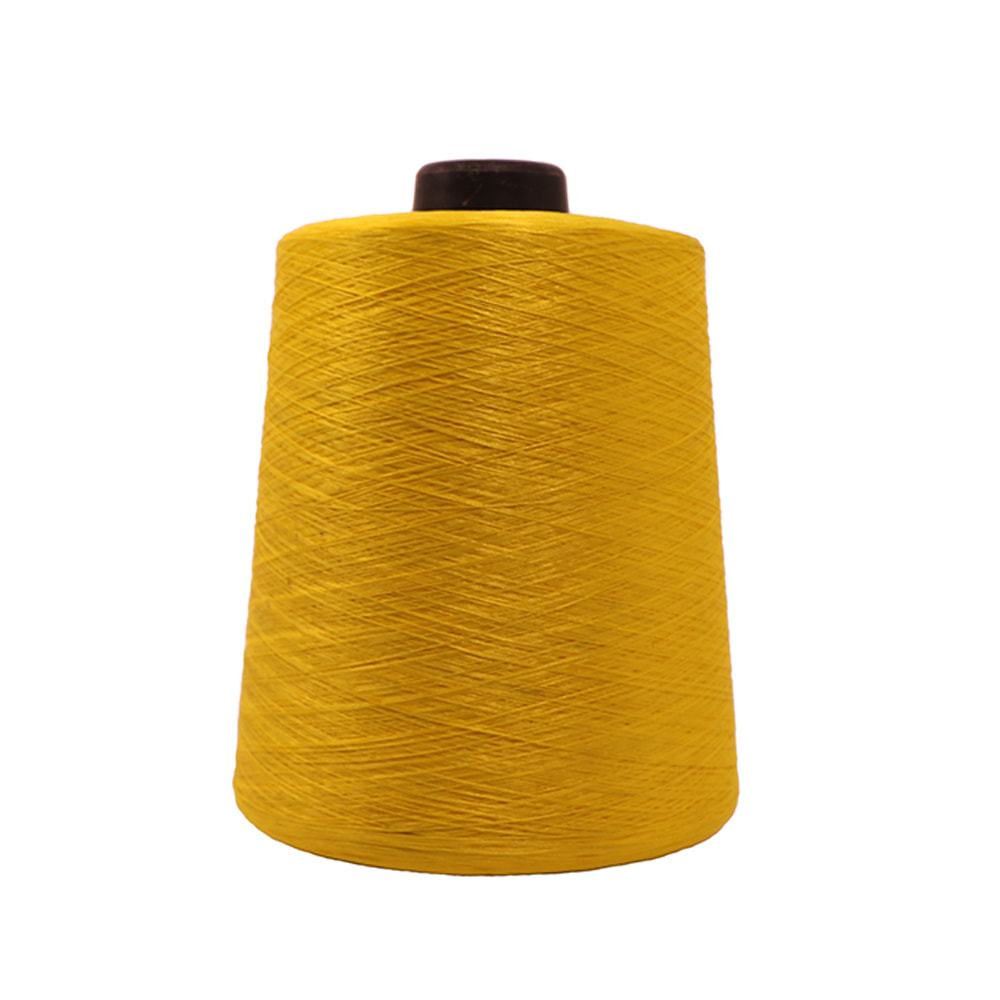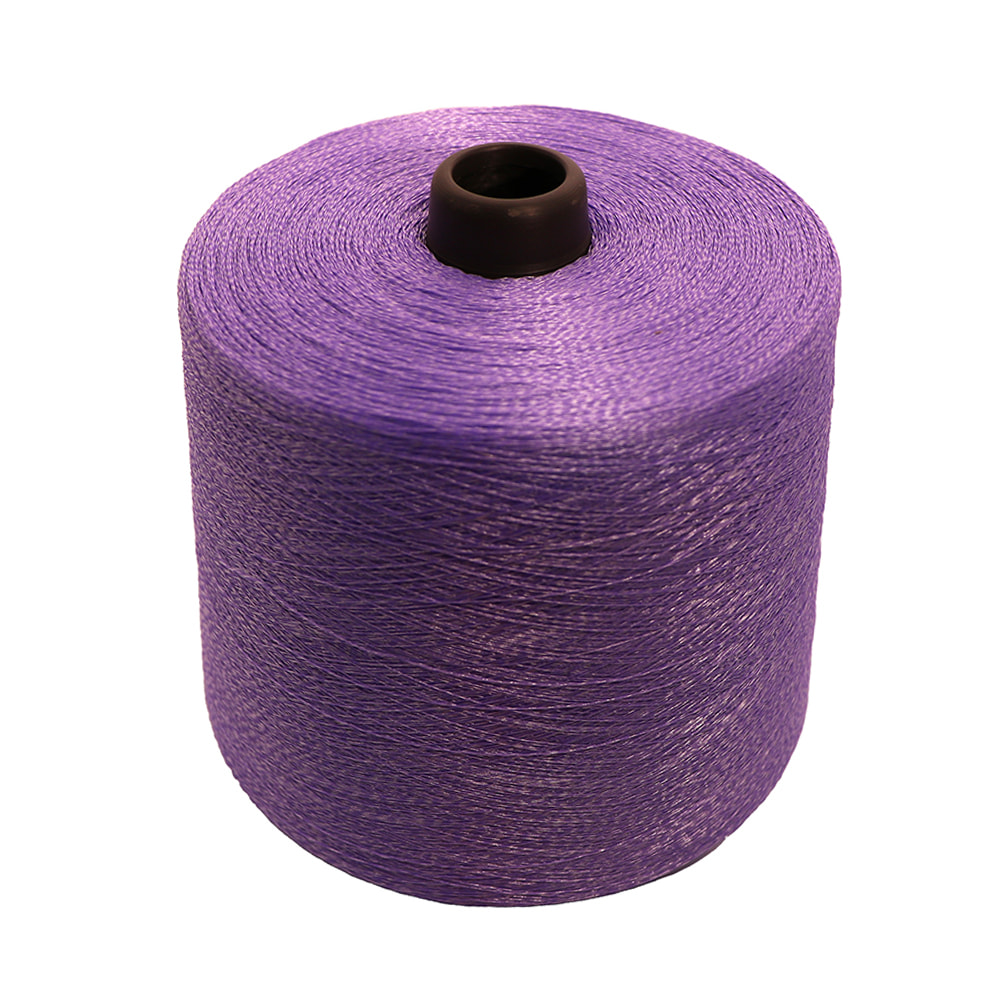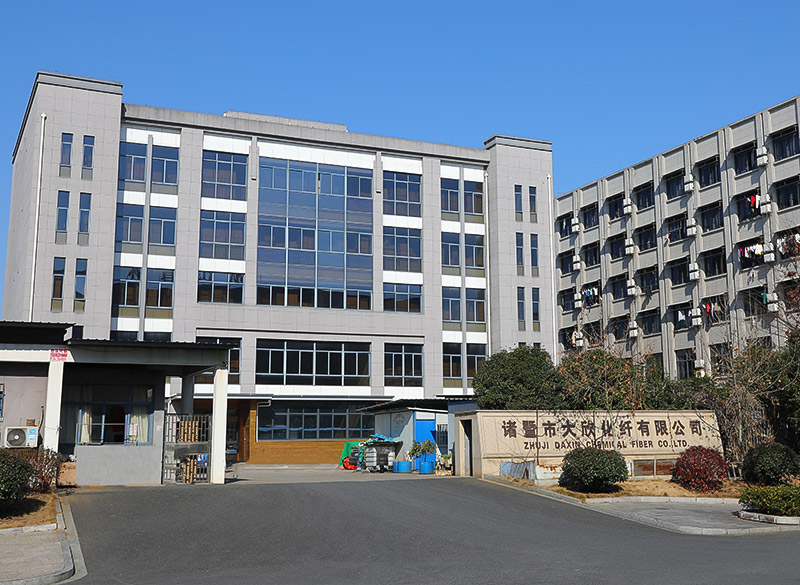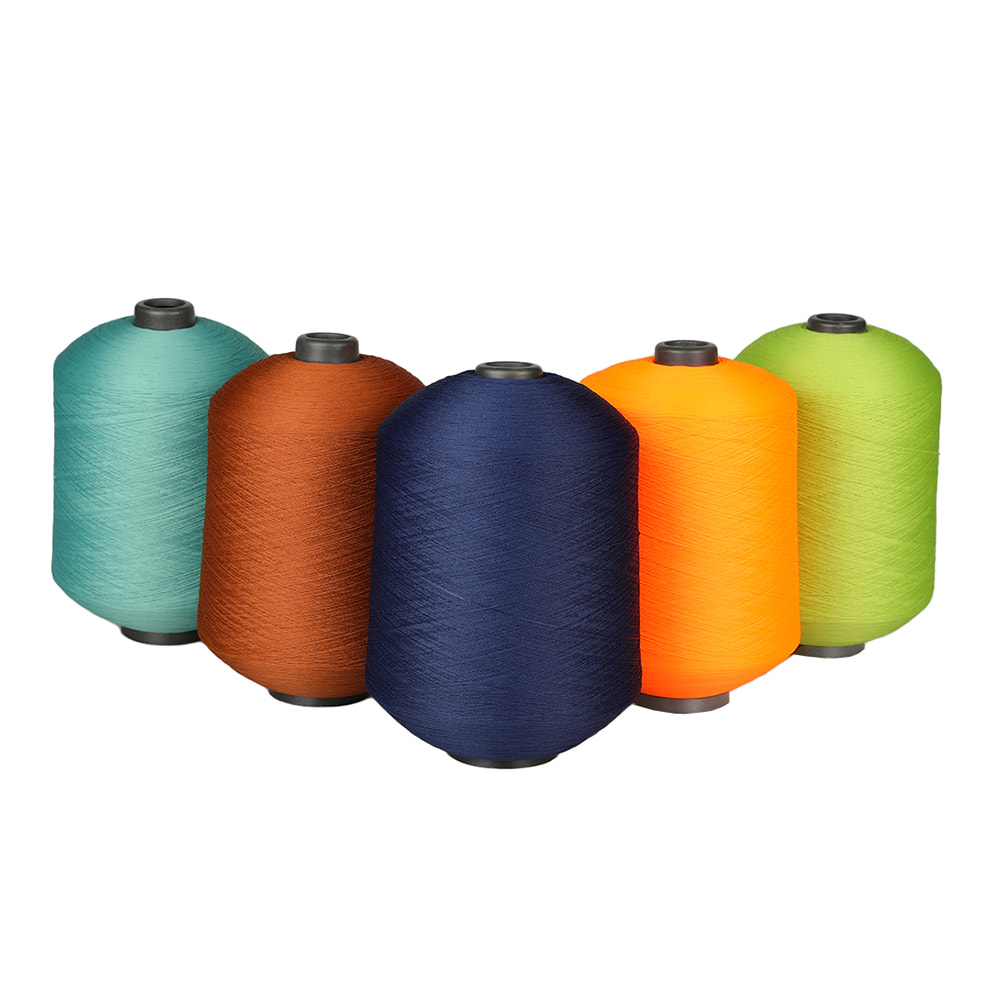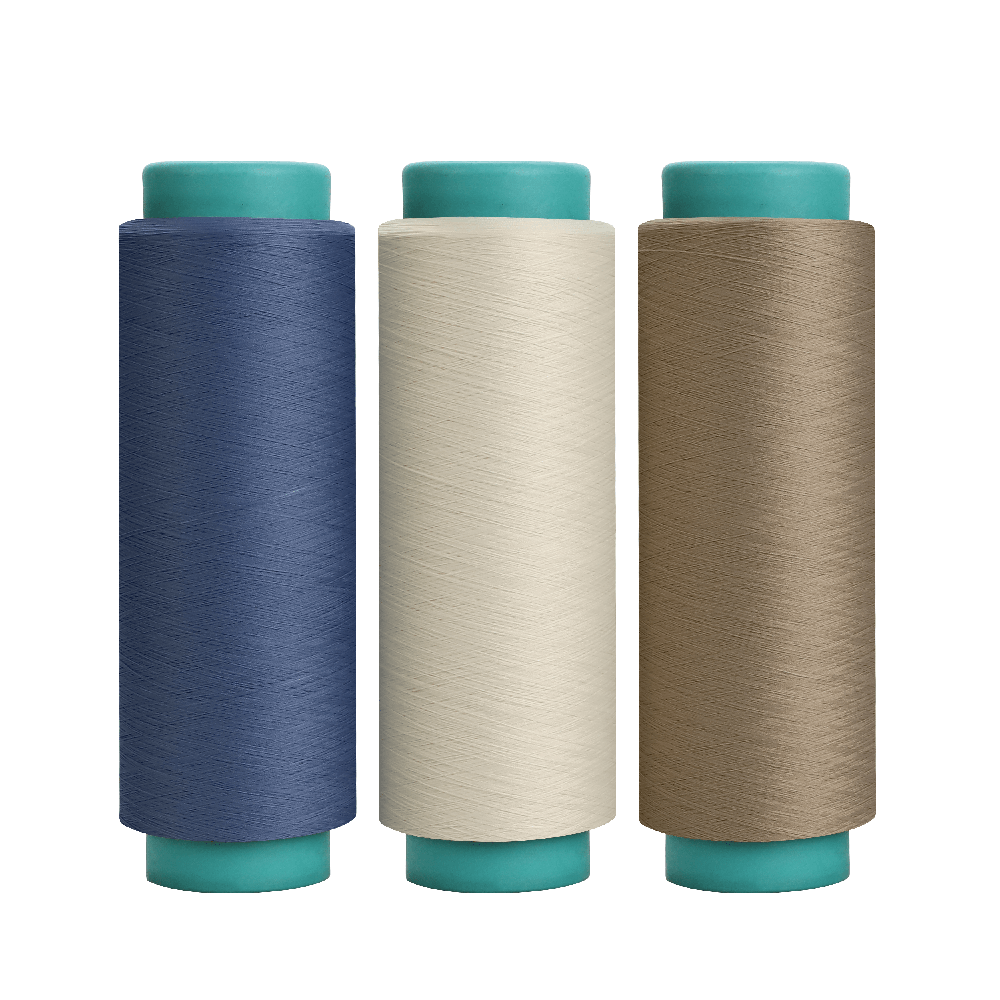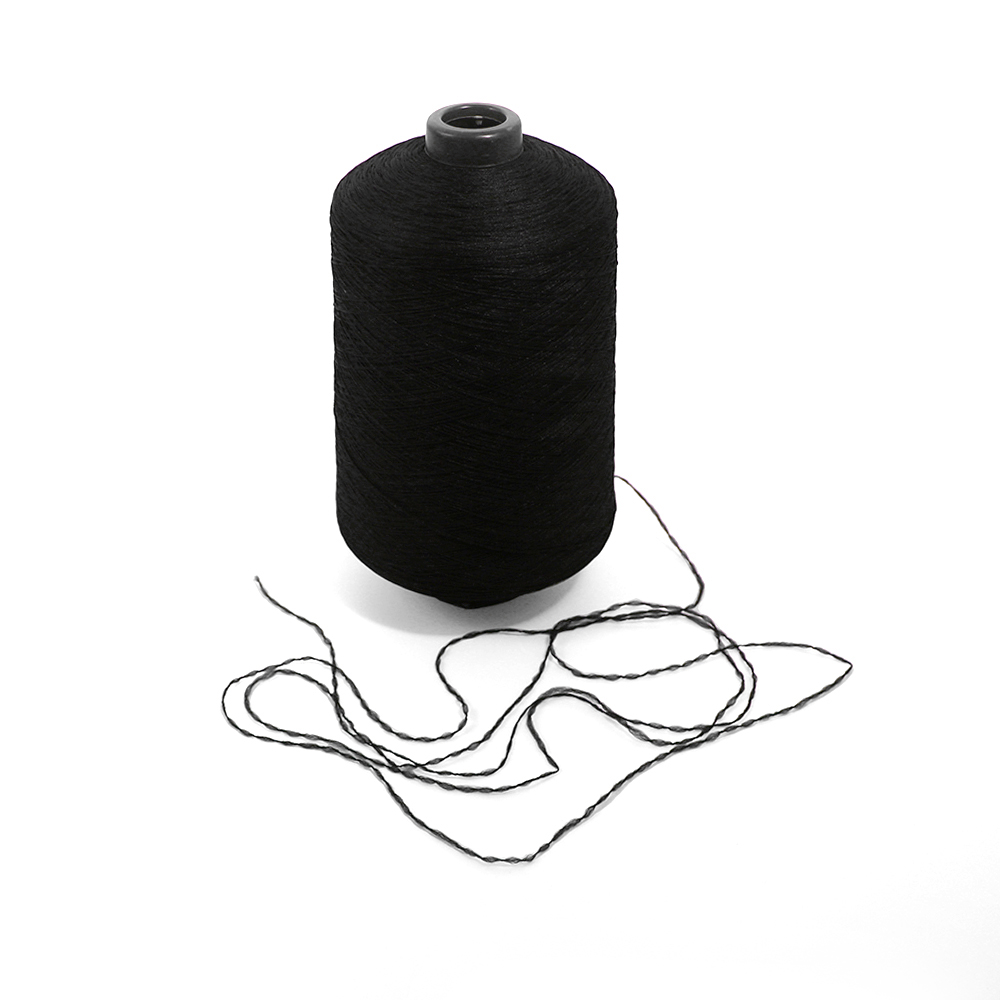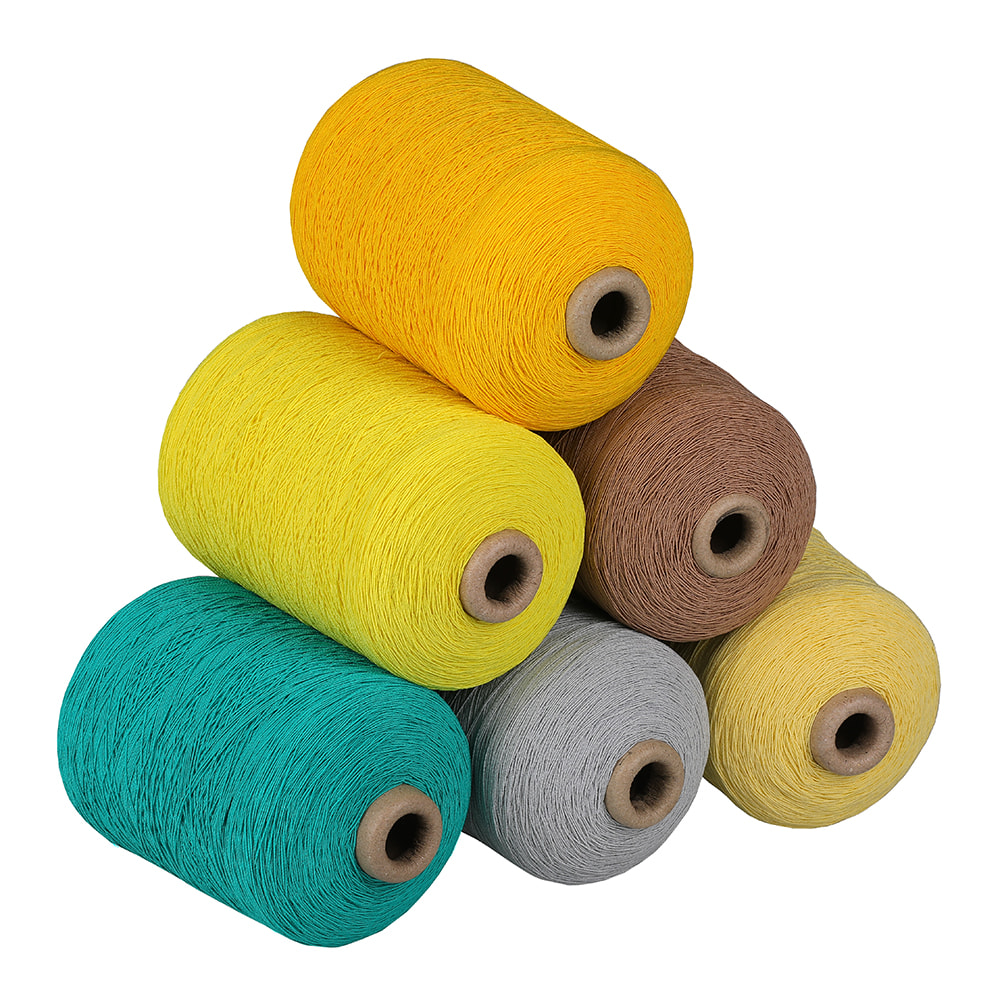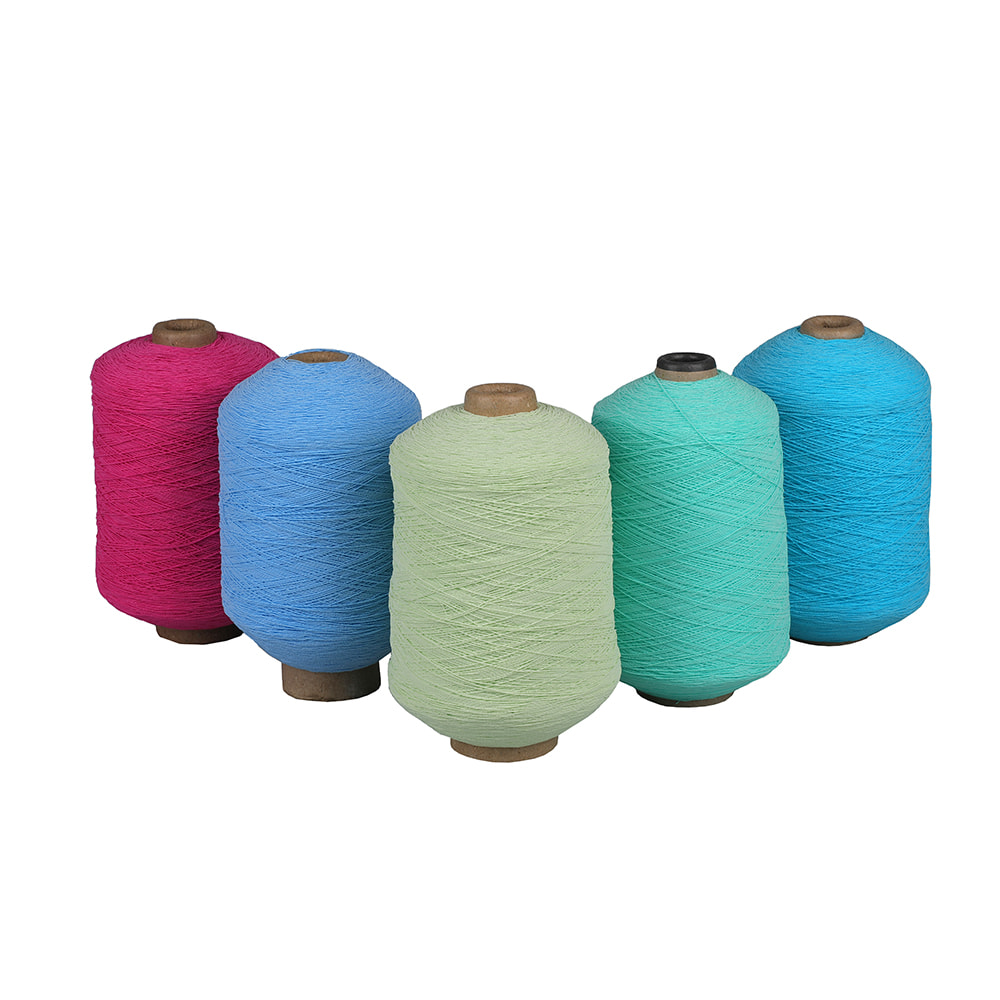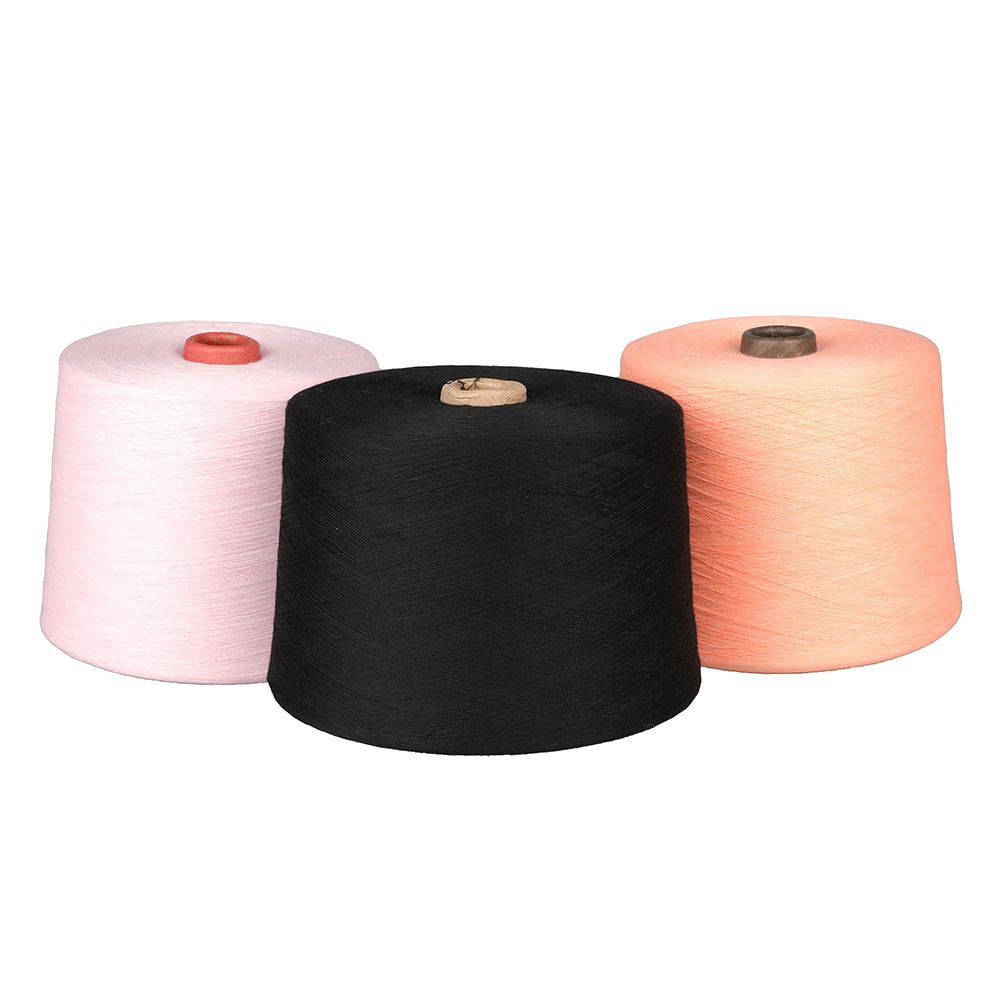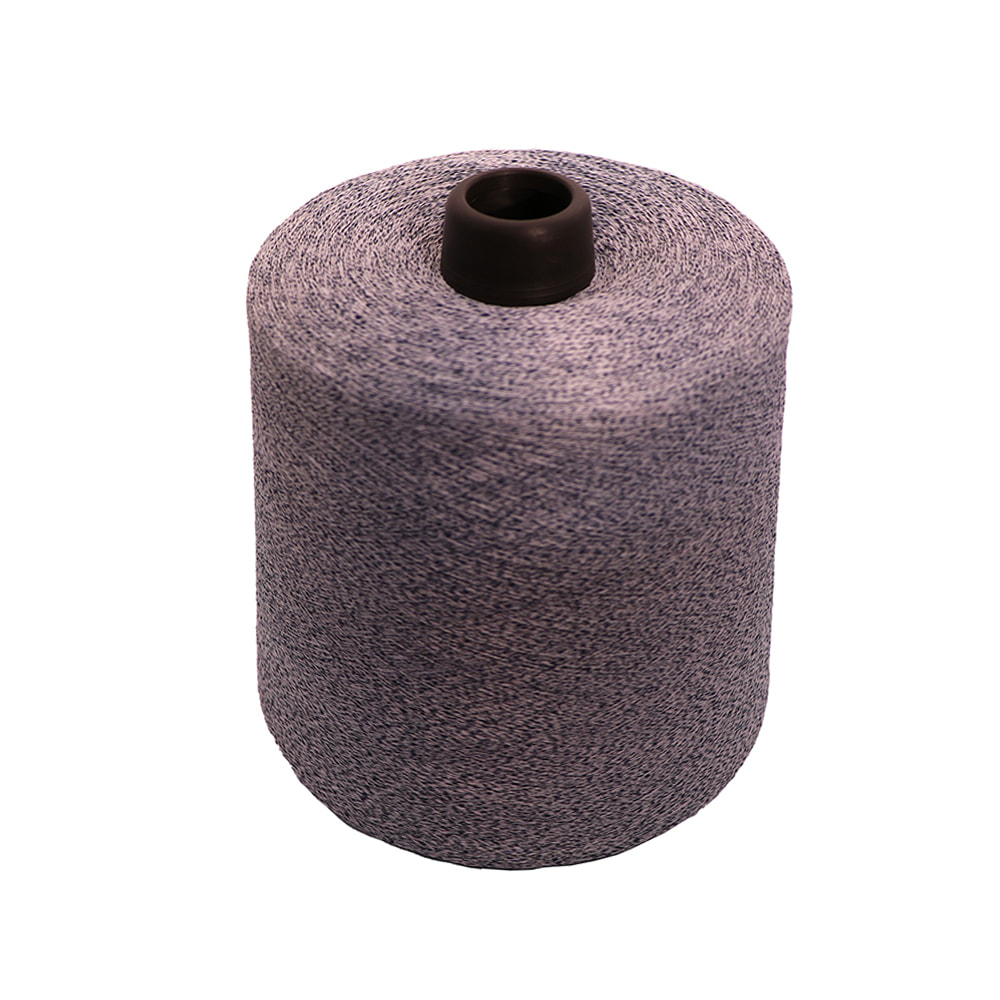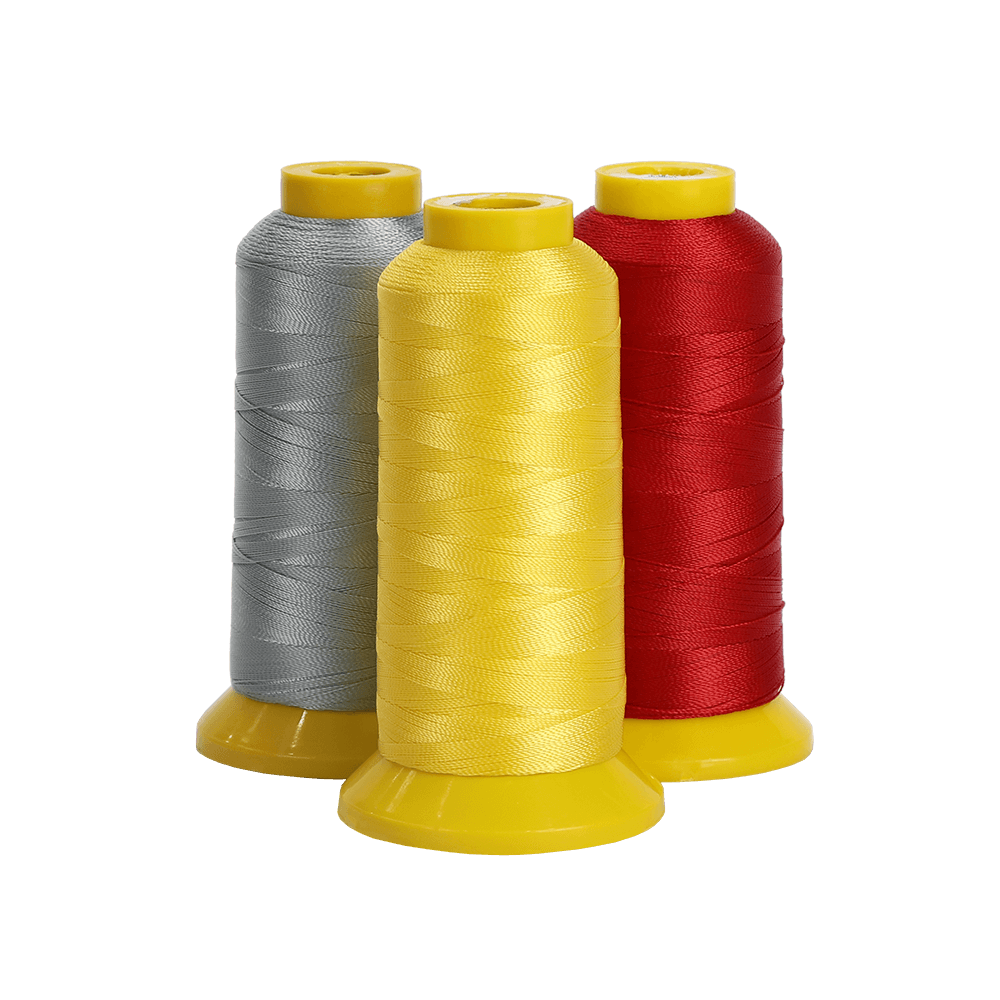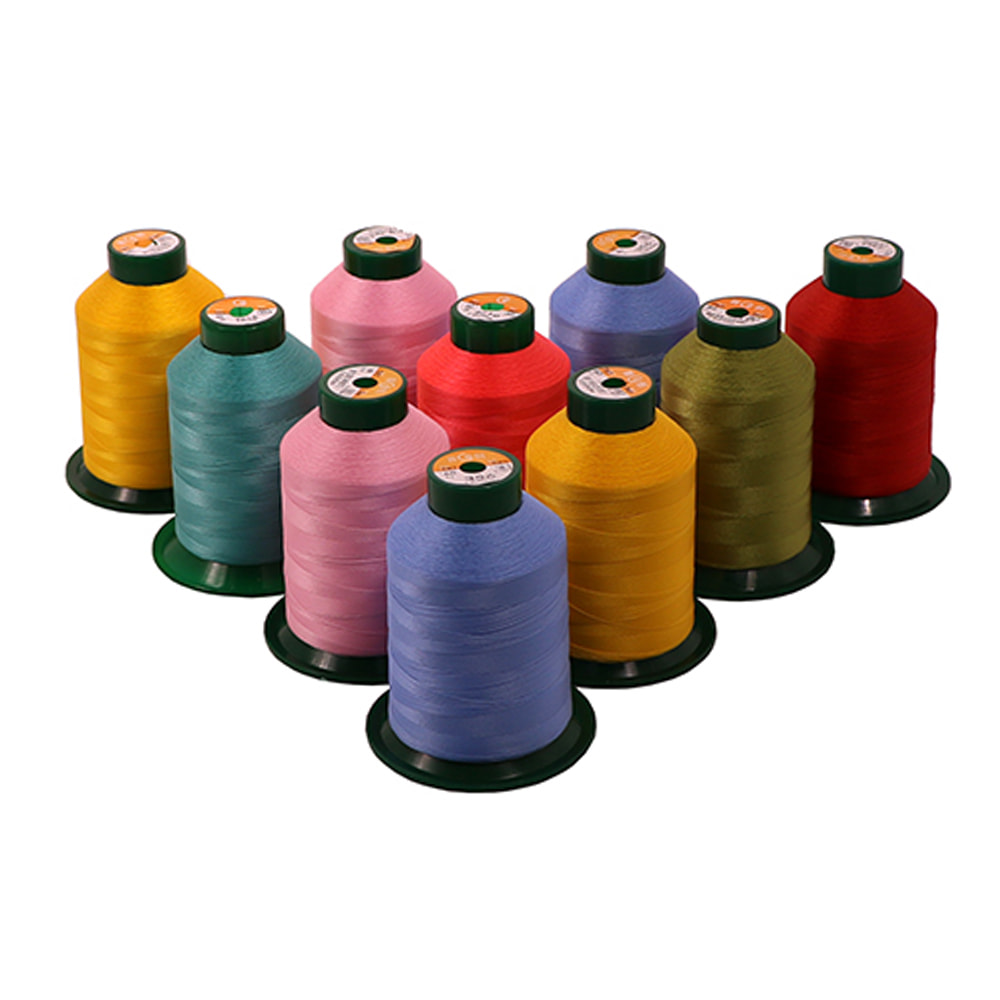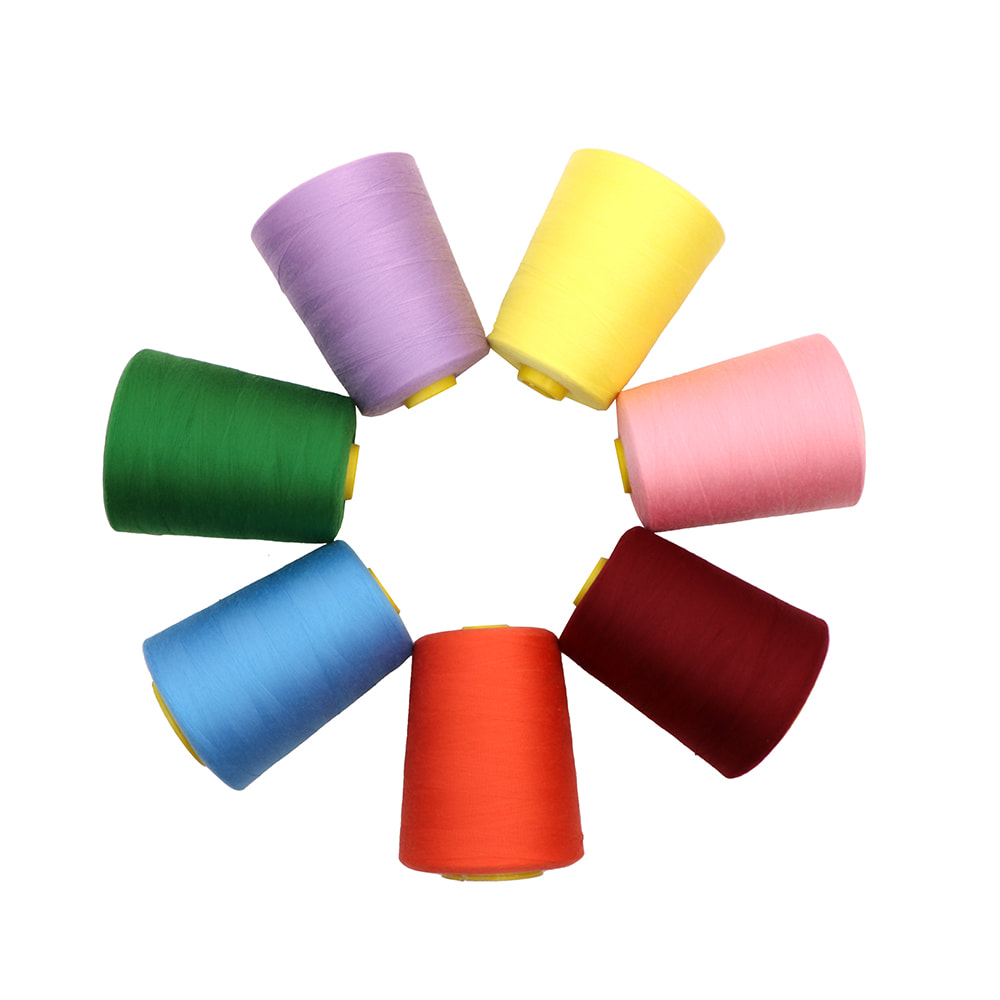Definition and Advantages: An In-Depth Analysis of Fancy Polyester Yarn's Uniqueness and Core Competitiveness in the Textile Market
Fancy Polyester Yarn, as a chemically engineered fiber yarn treated with special processes, possesses an allure that far exceeds the simplicity of ordinary polyester. It is not a single form but encompasses a wide variety of innovative yarns rich in texture and visual effect, such as boucle, knot, chenille, and feather yarns. This diversity grants fancy polyester yarn an extremely strong design expressiveness, enabling it to imbue textiles with unique styles and handfeels. In the fiercely competitive textile market, it has rapidly secured an important position in apparel, home textiles, and industrial fabrics, thanks to its excellent durability, wrinkle resistance, and relatively low cost. Its core competitiveness lies in its ability to significantly enhance the aesthetic value and market differentiation of products while meeting functional requirements, providing vast creative space for subsequent textile deep processing.
Innovative Material Trends: Discussing the Latest Advancements in High Bulk and Eco-Friendly Recycled Fancy Polyester Yarn Regarding Sustainability and Functionality
The current textile industry is undergoing a profound green transformation. High Bulk Fancy Polyester Yarn achieves a full handfeel and excellent warmth retention similar to natural wool fibers through special physical or chemical treatments, yet its maintenance convenience and resistance to moth damage far surpass natural fibers, greatly expanding its application in winter wear and high-end home textiles. Concurrently, the rise of Eco-Friendly Recycled Fancy Polyester Yarn directly addresses the global call for sustainable development. These yarns are re-manufactured using discarded plastic bottles or textile waste, reducing reliance on petroleum resources at the source and lowering the carbon footprint. Procuring recycled polyester fancy yarn not only demonstrates corporate social responsibility but also labels the product as "green and environmentally friendly," an undeniable asset for enhancing competitiveness in consumption markets prioritizing ecological awareness.
Special Functionality Considerations: Detailing the Role of Flame Retardant and Anti-UV Fancy Polyester Yarns in Boosting Product Added Value
The mere pursuit of aesthetics can no longer fully satisfy modern market demands for textiles; special functionality is becoming a key factor in increasing product added value. Flame Retardant Fancy Polyester Yarn, by incorporating flame retardants during polymerization or spinning, gains the characteristic of self-extinguishing upon removal from a fire source, which is crucial for safety in public spaces, transportation vehicles, and children's products. Anti-Ultraviolet (Anti-UV) Fancy Polyester Yarn can effectively block harmful rays from the sun, extending the lifespan and colorfastness of outdoor materials such as tents, awnings, and outdoor furniture fabrics. The application of these special functionalities upgrades fancy polyester yarn from an ordinary decorative material to a high-value product with safety guarantees and professional performance, thereby opening up broader and higher-profit niche markets.
Precise Application and Specification Matching: Analyzing How Fine Denier and Specific Process Fancy Yarns Accurately Meet Diverse End-Product Needs
The specifications and form of the yarn directly determine the performance and intended use of the final fabric. For knitting processes, such as circular or flat knitting machines, it is usually necessary to procure fancy polyester yarn with good stretch and softness. Especially fine denier fancy yarn, which can be woven into light, well-draping fabrics suitable for underwear, intimate apparel, or light fashion. Conversely, for weaving processes, fancy yarn with higher twist or a certain stiffness may be required to ensure smooth weaving and the structural stability of the final fabric, commonly used for sofa upholstery, curtains, or outerwear. Purchasers must deeply understand the design requirements of the end product and accurately match the yarn based on its denier, twist, colorfastness, and fancy structure (e.g., whether it contains metallic threads, sequins, etc.) to prevent production waste or inadequate product performance due to improper specifications.
Flexible Supply Chain and Procurement Strategy: Elaborating on the Importance of Custom Color Cards and Small Batch Wholesale for Small and Medium Buyers and Design Development
In the rapidly changing fashion industry, quick response to market demand is essential. Traditional large-volume procurement models, often requiring tons of material, are increasingly unable to meet the needs of designers and small-to-medium brands for diversity and rapid prototyping. Consequently, suppliers who can offer Custom Color Card services and Small Batch Wholesale are becoming increasingly attractive. The custom color card service allows buyers to precisely match the color of the fancy polyester yarn according to seasonal trends or specific design themes, ensuring product uniqueness. The small batch wholesale model significantly reduces the risk of inventory buildup and lowers the initial capital barrier for testing new products. This flexible supply chain strategy enables small and medium-sized enterprises to possess rapid, personalized product development capabilities, effectively enhancing their agility and competitiveness in niche markets.
Quality Control and Long-Term Partnership: Emphasizing the Criticality of Quality Standards, Test Reports, and Establishing Stable, Long-Term Supplier Relationships in the Wholesale Process
The core of wholesale procurement is ensuring the stability and consistency of bulk products. Before finalizing a partnership, purchasers must strictly verify the quality test reports provided by the supplier, including but not limited to tests for colorfastness, breaking strength, abrasion resistance, environmental standards (such as Oeko-Tex or REACH certification), and specialized functional indicators. These reports are the cornerstone for judging whether product quality meets international standards and customer requirements. Furthermore, establishing a long-term, trust-based strategic partnership is more valuable than a single, low-price transaction. A stable, high-quality supplier can guarantee consistent supply quality, offer price protection during raw material fluctuations, and even provide technical support and priority supply for new product development, thereby laying a solid foundation for the purchaser's sustainable growth.
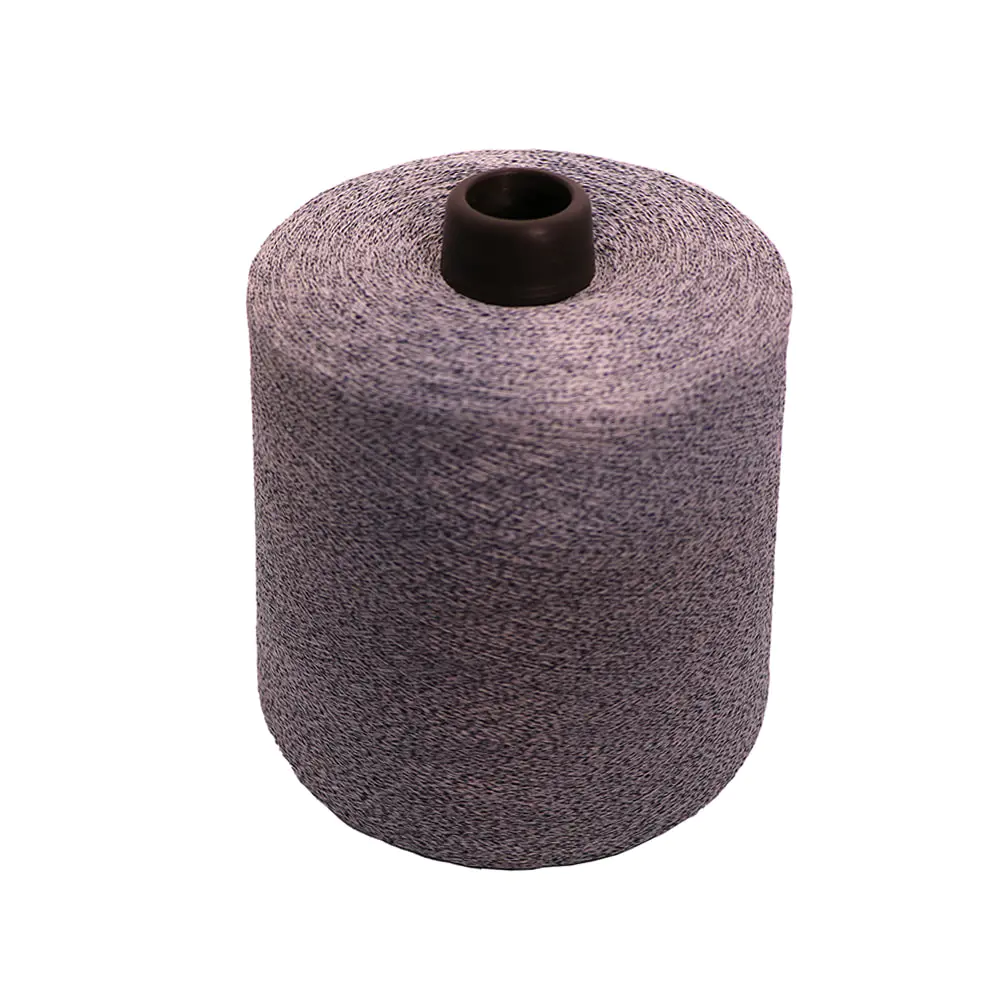

 English
English 中文简体
中文简体 Español
Español